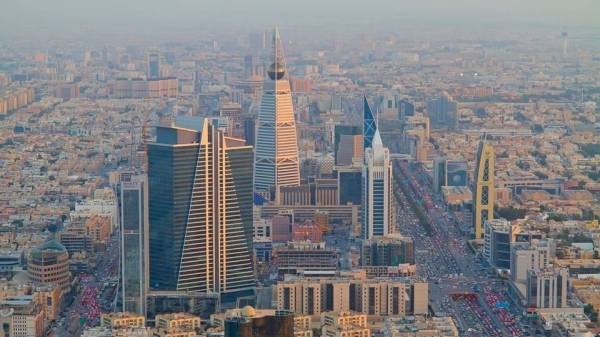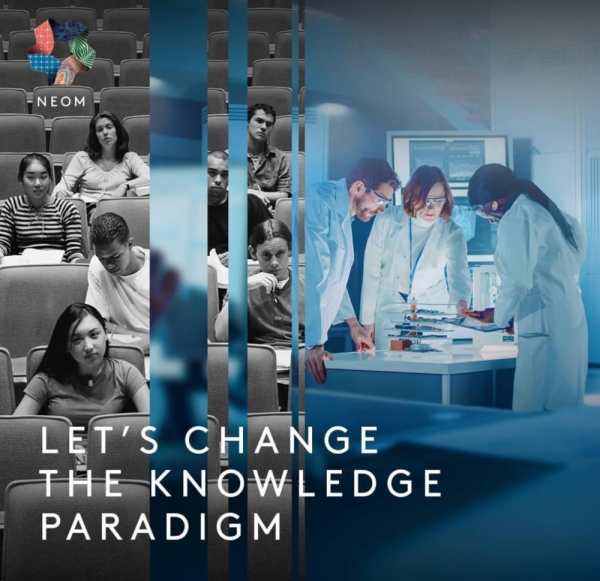
PARIS, Oct 12 (Reuters) - France wants to be a leader in green hydrogen by 2030 and build low-carbon planes and small nuclear reactors as part of a 30 billion euro ($35 billion) investment plan, President Emmanuel Macron said on Tuesday.
Macron said the road map, dubbed "France 2030", would ensure France decarbonises its industry and brings innovation and production in key areas, from cars and biomedicine to semi-conductors, closer to home by the end of the decade.
The long-term plan, outlined six months before the presidential election, was swiftly criticised by the opposition as electoral campaigning, but Macron said those targets were key to ensure France"s rank in the world.
Pointing to a shortage of face masks when the COVID-19 pandemic first erupted, Macron said the crisis had exposed real vulnerabilities and the crucial need for France to have innovation and industrial production at home.
"We must rebuild the framework for productive independence for France and Europe," he said, adding that innovation would be key amid global competition for leadership and access to raw materials. "The winner takes all," he added.
Setting out some of the plan"s targets, Macron said France would by 2030 build a low-carbon plane, a small modular reactor as well as two megafactories for the production of green hydrogen. It would also produce large numbers of electric vehicles.
"We must wage the battle of innovation and industrialisation at the same time," Macron said as he outlined the plan to a group of entrepreneurs, adding: "We need a country that produces more."
Macron said the plan will give a key role to small, agile start-ups in building France"s industrial future alongside well-established corporate giants.
French Prime Minister Jean Castex and French President Emmanuel Macron arrive for the presentation of the "France 2030" investment plan at the Elysee Presidential Palace in Paris, France, October 12, 2021. Ludovic Marin/Pool via Reuters
French President Emmanuel Macron speaks in front of a screen with a sentence reading "Better understanding, better living, better producing" during the presentation of the "France 2030" investment plan at the Elysee Presidential Palace in Paris, France, October 12, 2021. Ludovic Marin/Pool via Reuters
French President Emmanuel Macron gestures as he speaks during the presentation of the "France 2030" investment plan at the Elysee Presidential Palace in Paris, France, October 12, 2021. Ludovic Marin/Pool via Reuters
1/5
French President Emmanuel Macron speaks in front of a screen with a sentence reading "Better understanding, better living, better producing" during the presentation of the "France 2030" investment plan at the Elysee Presidential Palace in Paris, France, October 12, 2021. Ludovic Marin/Pool via Reuters
CRITICISM
Other 2030 objectives include investing in semi-conductors and beefing up innovation in the French health sector, including biomedicine.
On top of the 30 billion euros in fresh public investment, some of which will already be included in the 2022 budget, French public investment bank Bpifrance will invest 4 billion euros in startups and innovative firms.
This all comes in addition to a 100 billion euro recovery plan announced last year to help France weather the coronavirus pandemic, a large share of which went to promoting greener energy policies.
The plan was harshly criticised by the opposition and environmental groups.
"A few months from the end of his mandate, the outgoing president commits French money to restore his electoral image with promises which only bind his successor," far-right leader Marine Le Pen said on Twitter.
"It"s "whatever the cost, I want to be re-elected!"," she said.
Matthieu Orphelin, a lawmaker who left Macron"s party two years ago said this was Macron"s "first campaign speech for 2022", while environmental group Greenpeace called it "a festival of false solutions and wishful thinking".
"All these false solutions follow the same logic: constantly postpone the real (energy) transition and continue to produce as if the planet"s resources were unlimited," said Greenpeace France director Jean-François Julliard.












